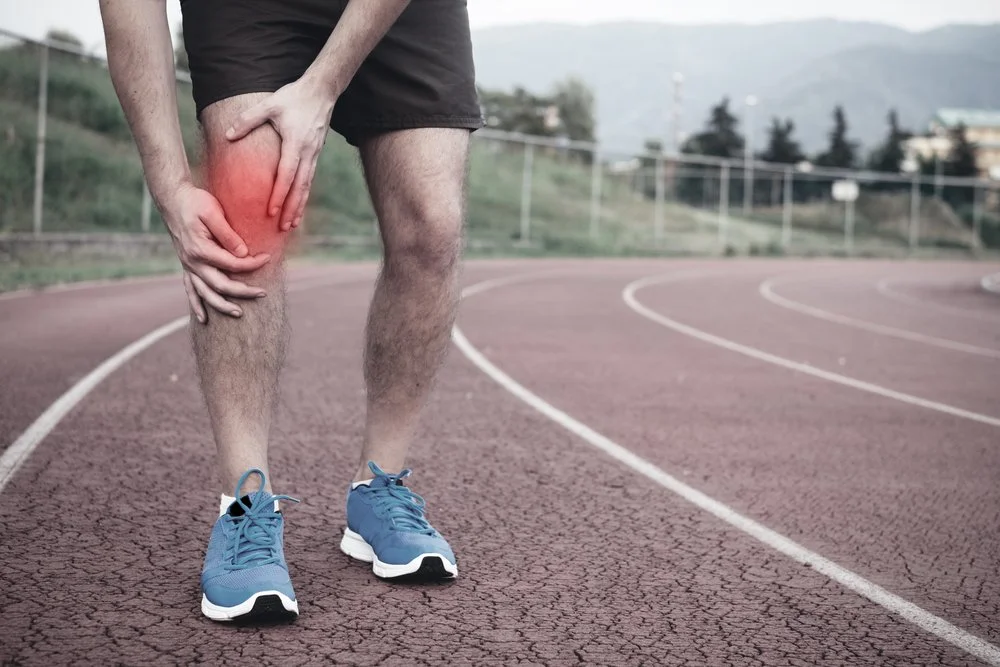Does Running Cause Knee Arthritis? Separating Fact from Fiction
Many people wonder if long-term running can lead to painful arthritic joints over time. While running undoubtedly places stress on the knees, hips and ankles, the truth is more complex. Running itself does not cause arthritis – but certain factors like training errors, biomechanics or repetitive strain injuries may increase your risk. Read on to find out:
Myth: Running causes arthritis in the knees
Fact: Although running places repetitive impact forces on your knees, well-structured training does not raise your risk of knee arthritis. In fact, studies show that runners generally have lower rates of osteoarthritis compared to non-runners. However, excessive impact from overtraining or too much downhill running can stress cartilage and potentially hasten arthritis over decades. Proper running form, rest and variety in training can reduce these risks.
Myth: Running damages your joints
Fact: The gentle loading and strengthening that comes from running actually improves joint health by strengthening supporting muscles, tendons and ligaments. This reduces long-term stresses on cartilage and joint surfaces. However, injuries that cause misalignments orChanges in biomechanics can accelerate joint wear over time. Proper training, footwear and technique will protect your joints as you run.
Myth: Only long-distance running causes arthritis
Fact: While marathons and ultra-marathons place more repetitive impact on joints, any form of running still requires proper technique and rest to prevent issues. Even recreational joggers or short-distance runners can develop overuse injuries that lead to joint damage and arthritis if they do not vary workouts, stabilize muscles and address issues early. Technique is important at all levels.
In conclusion, running itself is not necessarily a primary cause of arthritis - but certain factors associated with running may raise your risk over decades. These include training errors, overuse injuries that alter biomechanics, muscle imbalances, and repetitive stress. However, studies show that runners who follow proper training principles generally experience less age-related arthritis. With smart training, the natural strengthening effect of running can actually improve joint health in the long run.
If you have joint pain while running, making adjustments to your technique, footwear, training routine and cross-training can often alleviate symptoms and reduce your arthritis risk over time. Seek advice from an orthopaedic knee specialist can also help you optimize your workouts to promote musculoskeletal health while still enjoying the benefits of running. Contact Orthokinetics for more information.

